"When I’m feeling fancy: prosciutto and fresh arugula. When I’m feeling basic: pepperoni." As a writer of thriller and fantasy, you know how to get the reader’s adrenaline pumping. What common pitfalls have you encountered, either through your own development or through reading others’ work, when writers try to amp up the tension but end up falling flat? Several things can make the tension fizzle. The first that comes to mind is info-dumping or excessive flashbacks / background in the midst of the action. If you want to maintain the tension throughout a scene, you have to stay as much as possible in the present moment. I’m currently reading Crescent City by Sarah J. Maas and am thoroughly enjoying it, but I nearly put it down in the first five chapters because it felt like every other moment in the scene was interrupted by detailed backstory. It’s something I have had to work on with my writing as well. Ninth House by Leigh Bardugo is a good example of how to keep the tension going, with backstory woven in more subtly. "Several things can make the tension fizzle. The first that comes to mind is info-dumping or There are many new avenues open for authors to share and publish their work online but being an author today also comes with a whole new set of challenges. What strategies helped you find success as you built your audience online and off? As a first step, you have to identify what your goals are: do you have a published (or soon-to-be published) book that you’re ready to start marketing? Or are you more interested in building community at the moment? I, personally, am currently focused on community-building. I do my best to align my social media engagement with what feels good and authentic to me - my personal goal is to organically connect to readers and fellow writers. This means I gravitate toward the platforms I enjoy using, regardless of whether or not they have a good reputation for producing sales or click-throughs. Facebook, for example, is generally considered helpful, especially for indie writers, if you can learn how to leverage its targeted advertising system. But I do not enjoy Facebook. At all. So I prioritize my time on Instagram and Twitter, which perhaps aren’t as good at generating click-throughs, but are wonderful sources of inspiration and connection with fellow writers and readers. "I do my best to align my social media engagement with what feels good and authentic to me -
"Second, as clichéd as this may sound, you have to show up as you. What you see on my social media feed And last but not least, focus on building a positive and welcoming space on your social media feeds. We’re all inundated with negative news on a daily basis (now more than ever), so I try to provide as much entertainment and escapism as possible. To that end, the best decision I've made was to launch a newsletter. It has helped me connect more deeply to the wonderful people I've met online, and it allows me to give back to the community - every month, I run a book giveaway exclusively for subscribers, because I love sharing the books that I’ve enjoyed (recent giveaways included Ninth House by Leigh Bardugo, Neverwhere by Neil Gaiman, Sinner by Sierra Simone). I also share things that I love talking about with friends: trailers for upcoming movies or TV shows (especially thrillers and mysteries), books coming up soon that I’m excited about, and interesting articles about real-life stories that are stranger than fiction and could be great inspiration for thrillers. The key is that I love doing all of this - and because I’m talking about things of general interest, other people seem to be finding enjoyment or a bit of distraction from the newsletter as well. It may take some experimentation, but take the time to find the things you enjoy and focus on them. That way, it won’t feel like work. A while ago, I drafted a blog post answering this question with some more detail, in case it's helpful. Writing can be a lonely endeavor and it helps to have a community of writers around you for encouragement, critique, and, let’s be honest, to just blow off steam sometimes. You have established a healthy community of writers around you through your website and through Twitter events that you host. What advice do you have for writers who feel alone and are trying to connect with other writers? If you’re new to the twitter writing community, probably the best way to get started if you don’t know anyone is to follow some of the big writing hashtags. My favorites are #writingcommunity, #vss365, #indieapril, and #writerslift. The “vss365” tag stands for “very short stories, 365 days of the year,” and is a fantastic community of writers who craft single-story tweets based on a prompt word that the host of the month shares every day. I would start by supporting other writers on the vss365 tag - read their stories, like their tweets, and comment with words of encouragement. If you’re feeling brave, contribute your own stories! "I would start by supporting other writers on the vss365 tag - read their stories, like their tweets, and comment with words of encouragement. If you’re feeling brave, contribute your own stories!"
If you are an introvert, or have social anxiety or otherwise feel uncomfortable being very open and communicative on social media, I completely understand that “Have fun!” isn’t going to be doable for everyone. Please don’t feel like you have to push yourself to be someone or do something that goes beyond your comfort zone. If you feel comfortable with a more limited form of engagement, you could start simply by reading through the above hashtags and getting familiar with the writing community online. And if you do a search of “how to build an author platform if you're an introvert,” quite a few resources pop up - rest assured that you’re not alone! "If you are an introvert, or have social anxiety or otherwise feel uncomfortable being very open and communicative on social media, I completely understand that “Have fun!” isn’t going to be doable for everyone." Your short story The Calving takes an honest look at environmental issues through the story of a young couple facing an uncertain future. New writers often make the mistake of letting the message overshadow the narrative in a way that makes the story feel expository or preachy. How do you manage to write about issues that really matter while also keeping the narrative vibrant and engaging?
"In fiction, our job is to take the larger world and whatever big-picture issues The dry story about the big-picture issue is: dozens of reporters are killed in war zones each year as they try to expose human rights abuses. The personal story is Marie Colvin’s own life, which reads very much like a thriller - so much so, that a Vanity Fair article about her was adapted into a movie a couple of years ago. Whatever subject matter you want to tackle, no matter how broad or epic it might be, put yourself in your characters’ shoes and make it as personal to them as you possibly can. The Apartment, a short film which you wrote the screenplay for, is now in post-production. What was the experience of writing for film like and what advice do you have for brand new screenplay writers who are trying to break in? It was a surreal experience to write words on a page and then see people bring those characters to life (I also directed the short, which my best friend and immensely talented filmmaker, Matthew Newton, produced). It was also rather frustrating. With fiction, you can write whatever you want - there are no budgets and production practicalities to hamper your vision. With a screenplay, by contrast, you start with your dream vision (locations, scenes, the “look” of it all) … and then slowly whittle down that vision to a budget, production schedule, locations, and cast and crew hours you can actually afford. It is simultaneously a humbling and thrilling ride. "With fiction, you can write whatever you want - there are no budgets and production practicalities to hamper your vision. With a screenplay, by contrast, you start with your dream vision ... and then slowly whittle down ..." I’m not trying to get an agent or sell a feature screenplay at the moment, so I can’t quite speak from experience about the industry, but I can give the following tips:
"The Scriptnotes podcast, hosted by Craig Mazin and John August, is a fantastic resource. I have learned more about the screenwriting craft and the industry from them than from any book or website." 2) Read as many screenplays as you can! Some of my personal favorites are Sicario (fantastic action sequences), Michael Clayton (brilliant dialogue and character development), and Traffic (great structure). Incidentally, all three scripts are examples of movies that take a big-picture political or social issue and make it intensely personal. There are so many other stellar scripts you can learn from. You can start with a search of the “top ten most important screenplays for a writer to read.” Or you can let your curiosity be your guide and start with the scripts of the movies you love. Either way, read with a critical eye and pay attention to plot structure, rhythm, dialogue, and all of the other craft elements you should examine when you’re reading to learn. What is the next big project you have on the go? Can you give us any sneak peeks or hints around what it will be about?
"I’m really excited to indie-publish my first supernatural mystery novella! Mile Marker Eight combines the small-town weirdness of The X Files with the dark comedy of Fargo." I’m also currently revising the first draft of an adult supernatural thriller that melds three of my favorite things: super-strength, telekinesis, and mixed martial arts cage fighting (MMA is my favorite sport). It’s heart-pumping action, ticking-time-bomb danger, and a heavy dose of steamy romance. I hope to be ready to start querying agents in the fall. Until then, I’m sharing little details through my newsletter but otherwise playing this one close to the vest. Where can readers find more of your work and stay up to date on your latest publications? I’m at @rrvaleauthor on Twitter, where I host writing sprints and write vss365 stories, and on Instagram, where I share writing motivation and tips, book reviews, and moody shots that inspire some of my writing. And you can sign up for the monthly Thrills & Magic Newsletter for exclusive updates, giveaways, and behind-the-scenes sneak peeks. Sign up for R.R. Vale's newsletter and follow her on Twitter to stay up to date!
0 Comments
Rarely, if I really need to get fired up for something or I’m struggling to get something done late at night, I’ll put on some rock or metal. The Who’s Live at Leeds album is a real good one to light a fire under your ass. Favorite villain is definitely Roy Batty, because you understand the motivations behind his brutal actions, and even come to sympathize with him quite a bit. Yet he’s still scary as hell. Honorable mention goes to the Serpent Society from Marvel comics, just for being a bunch of awesome weirdos in snake costumes. I would rewrite the end of the Avengers to include the Serpent Society. "Favorite villain is definitely Roy Batty, because you understand the motivations behind his brutal actions, Many newer authors are intimidated by the idea of sharing their work. What gave you the confidence to put your creative projects out into the world and what advice do you have for those who might be nervous about sharing their art?
A little while back you were part of a project to turn one of your stories into a short film. What were some of the joys and challenges of adapting your story as described in prose to the big screen? I discovered that I love screenplay format. That mode of storytelling really worked for me, just in terms of the way you have to describe things in a visual way, and you have to be concise and clear. I also got to travel to England for more than a week! "I discovered that I love screenplay format. That mode of storytelling really worked for me,
Writing screenplays is a fairly competitive market, but sometimes the right tool can give a writer the edge on their competition. What platform would you suggest for writers who are interested in adapting their novel for film? The industry standard is a program called Final Draft. I’ve never used it, it’s damn expensive. That said, screenplays have very specific formatting demands, so you need something. I discovered that Scrivener, a piece of software originally designed for organizing and writing novels, has a screenplay mode with a bunch of shortcuts that make screenplay formatting incredibly easy. And it’s got a very reasonable price. No one has ever looked at one of my Scrivener screenplays and said, “Why wasn’t this done in Final Draft?” I don’t think anyone would know the difference. "I discovered that Scrivener, a piece of software originally designed for organizing and writing novels, You are also a part of a band called Spacelord with several albums available on Bandcamp. Do you see writing music and writing SFF as separate creative endeavours or is there cross-over influence in your work? They’re separate in the sense that there are very different sets of skills involved and totally separate paths to (and measurements of) success. But they’re very connected in that the things I’m interested in and influenced by affect both of them very deeply. My songwriting is heavily influenced by Tolkien and Robert E. Howard and Blade Runner, and my fiction is influenced by Dio and Led Zeppelin and The Sword. And of course every independent creative person is trying to build an audience for their work, and I think there’s a connection there as well. Someone who likes Spacelord is likely to be into my fiction too. "My songwriting is heavily influenced by Tolkien and Robert E. Howard and Blade Runner, You wrote an article for Gizmodo back in 2013 titled “What's the connection between heavy metal music, horror and fantasy?” One of my current ‘most listened to’ bands is Brothers of Metal who pull heavily on the Norse myths for lyrical content. Why do you think metal bands are drawn to mythological themes?
"Who better to explore epic mythology than bands whose singers sound like demons or gods, with drums like marching armies and guitars that evoke the mightiest heroes battling nameless beasts from the Underworld?" You’ve got quite a range of experience when it comes to music and writing. What has been the focus for you recently and what can readers look forward to as your next big project? On the fiction side, there’s a novel in progress, and some short stories. I seem to bounce back and forth between horror and epic fantasy. On the music side, Spacelord was literally days from starting the recording of our third album when the world ground to a halt. So right now we’re working on an acoustic EP of all new songs, with our guitarist and I sending sound files back and forth so we can get it done without ever actually being in the same place. We’re moving fast on that and I hope to release it by the end of April. "On the fiction side, there’s a novel in progress, and some short stories. Where can readers find more of your work and stay up to date on your latest publications? Well, I’m pretty terrible at updating my website, so people should probably just follow me on Twitter. You heard the man! Follow him on Twitter.
|
AuthorJoshua Gillingham is an author, editor, and game designer from Vancouver Island, Canada. Archives
April 2022
Categories
All
|

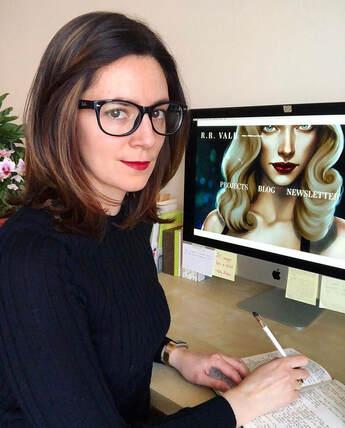


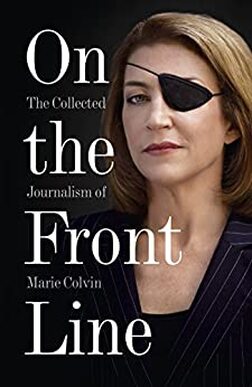
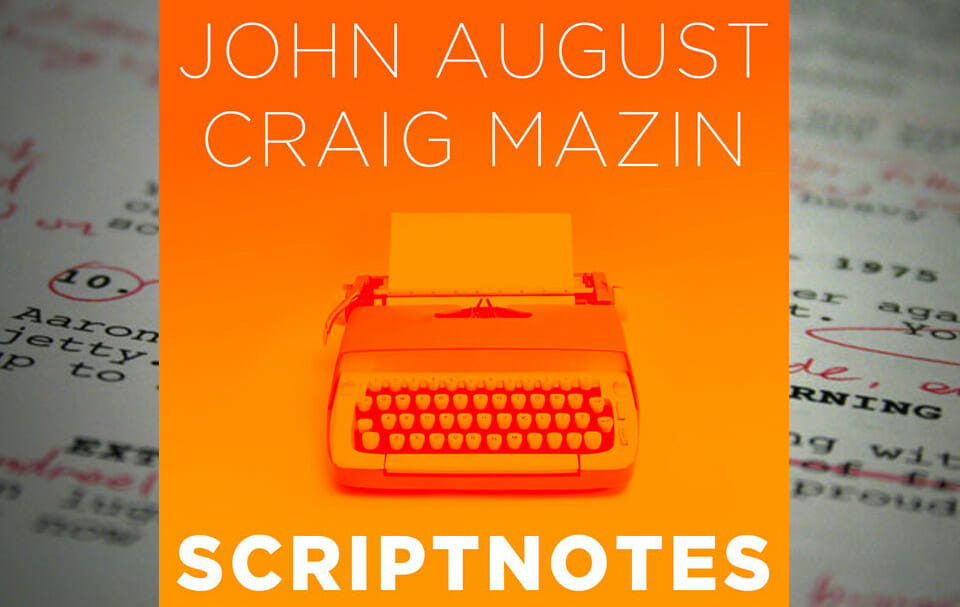
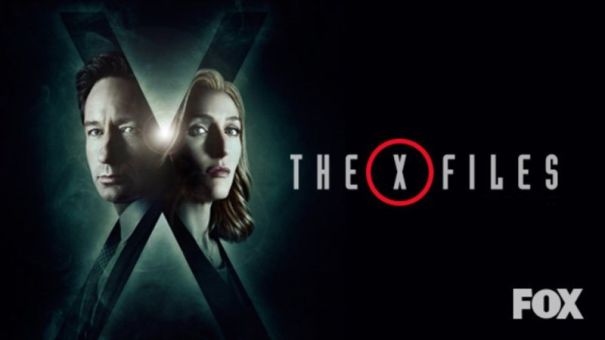
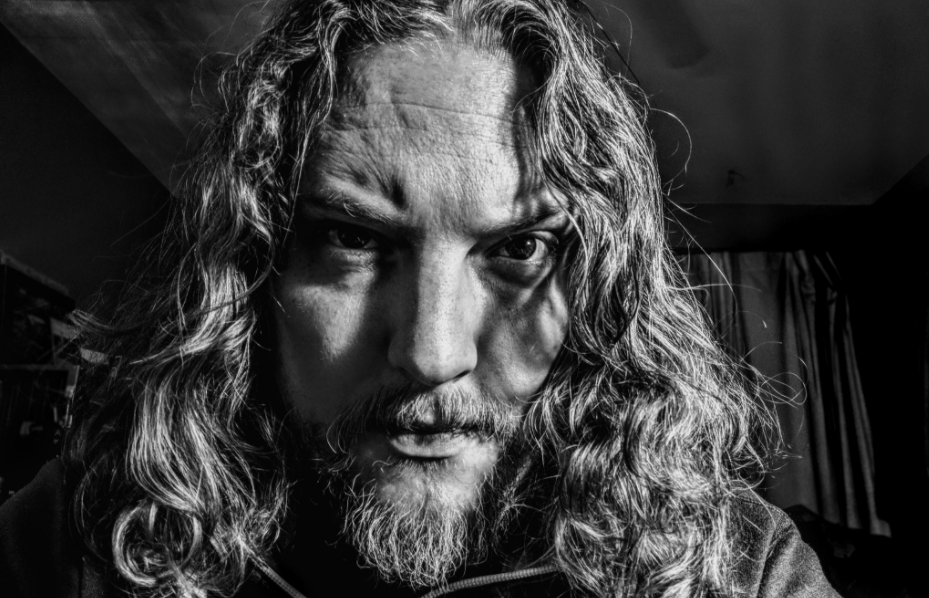

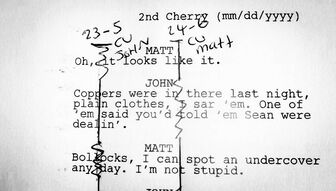
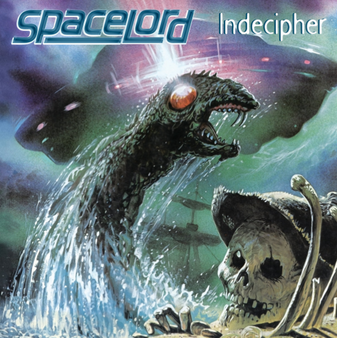
 RSS Feed
RSS Feed
